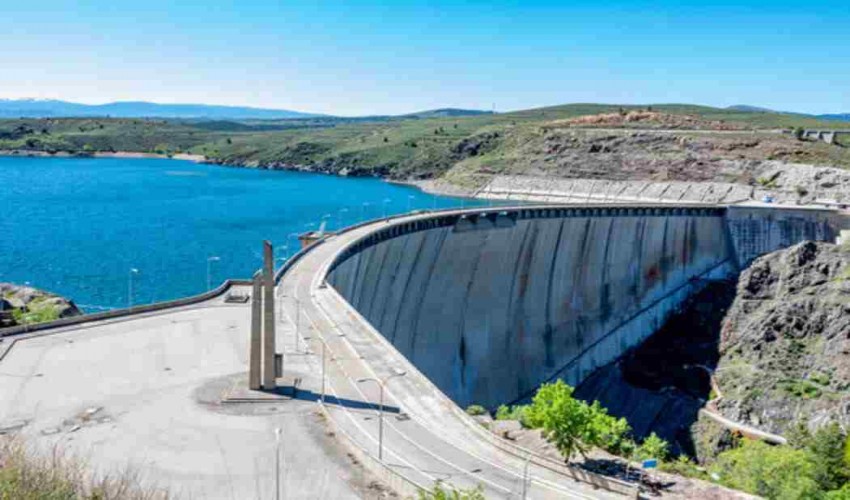
Hydrology, Water Resources Research Topics
- hydrology
- drought
- groundwater
- hydro
- ecology
- environmental
- water
- ecological
Key components of Earth's hydrology and water cycles are discussed here. Many places of the globe are dealing with water-related issues as a result of climate change and human activity. Extreme precipitation weather, such as typhoons and storm, as well as high-intensity human activities (such as near-shore farming and industrial activities and coastal development) have resulted in a series of environmental problems; increasing drought severity in arid and semiarid regions, and groundwater depletion have led to critical water crises; As a result of water crisis, environmental degradation, inadequate sanitation, and threats to human health and well-being have been compounded. As a part of our knowledge of socio-ecological processes, we must study the hydrological process, water resources, water environment, and the human-water-ecology system.
Research in this area is aimed at identifying long-term ways to environmental monitoring, as well as improving our knowledge of the socio-environmental influences on hydrological processes, water environments, and ecosystems as a whole. If you'd want to contribute your research on hydrology, water quality, or ecosystem monitoring using numerous data sources and models, we'd love to hear from you! We welcome any research into the hydro-human-ecology systems and the interrelationships that exist between them in order to aid in making decisions about how to solve environmental issues.
Hydrology, flood monitoring, and prediction are only a few examples of possible themes.
- Improvement of hydrological and water resources models.
- Hydrological data fusion and assimilation for the creation of high-resolution products.
- The socio-environmental evaluation of water or soil diagnostics.
- Assessment of the quality of the ecological environment.
- Deep learning techniques may be used to extract hydrological characteristics and water pollution from numerous datasets and models using multiple observations and models.